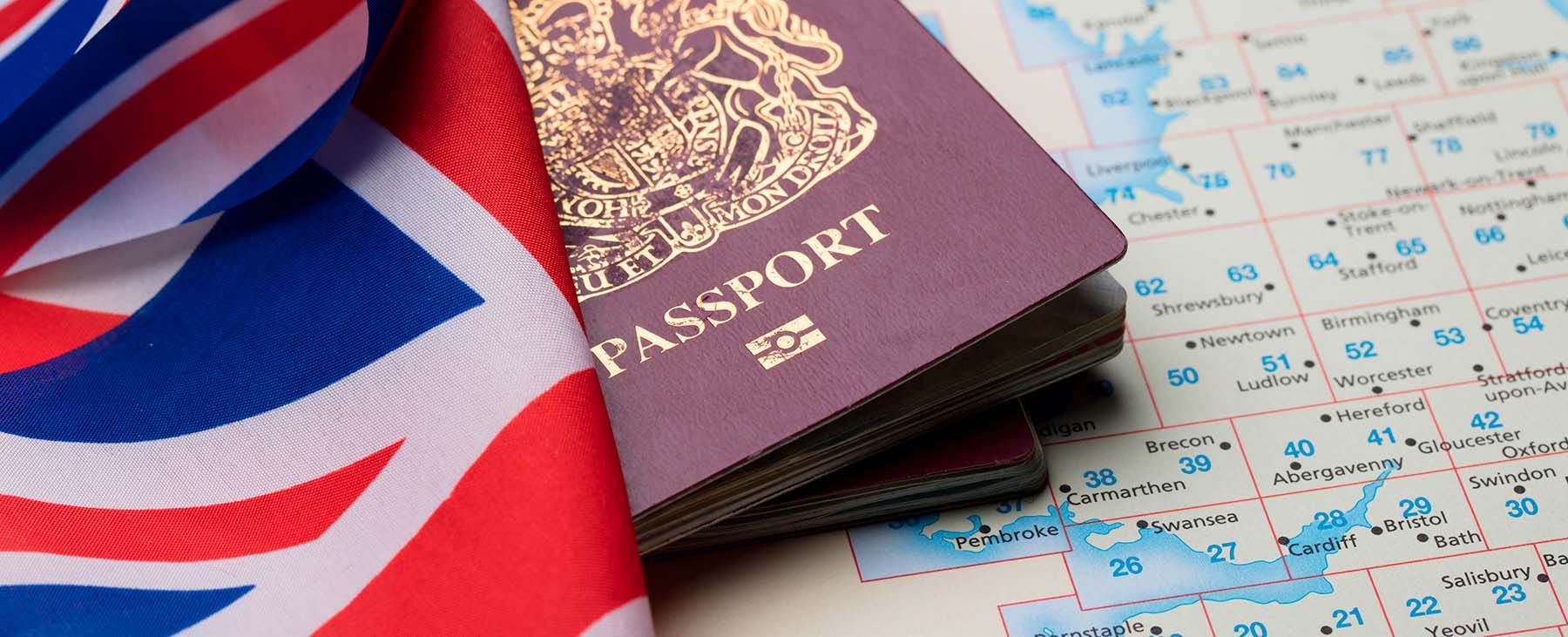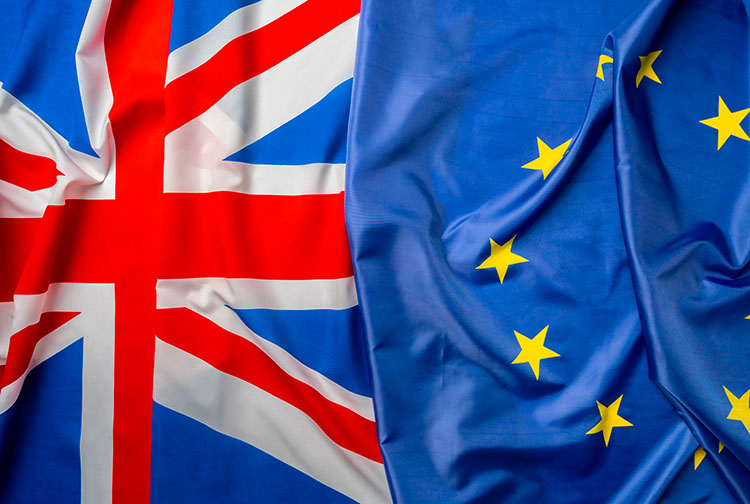

Brexit: the balance sheet of a consensual divorce
On 31 December 2020, the transitional period provided for in the Brexit Withdrawal Agreement came to an end, with the United Kingdom leaving the European Union. This exit from the EU bloc had economic consequences in both the commercial and financial spheres, but its impact was not the same in all sectors of the economy.
Attempts were made to minimise the economic damage with the Trade and Cooperation Agreement of 24 December, but even with the new deal, the UK’s exit from the EU had a significant impact on the European economy and, in particular, on ours, which has a higher trade and financial exposure to the UK than other EU economies.
The UK is Spain’s fifth-largest trading partner, behind Germany, France, Italy, and Portugal. In 2019, it received 6.8% of total Spanish exports, equivalent to 19.666 billion, an amount that could be reduced depending on tariffs and other barriers placed on Spanish products.
As 11Onze agent Aitor Canudas explains, “Catalonia and Madrid are the two communities that sell the most goods to the UK, followed by Andalusia, Valencia, Galicia, the Basque Country, and Aragon. Cars, fruit, pulses, and vegetables are the best-selling goods, but also precious metals, motors, electrical appliances and medicines, among others”.
Since 1 January, the flow of goods between Spain and the United Kingdom ceased to be considered as intra-Community operations and became subject to customs formalities and VAT liquidation in the case of imports (exports are exempt), which represent an annual volume of 11.808 billion with data from 2019.
Selling or buying goods in the UK will involve having a UK ID number, filing a customs declaration, providing security and safety data, obtaining a special licence for certain goods, or completing additional formalities for trade-in excisable goods (alcohol, tobacco, or fuel).
Complexities and prospects of an evolving process
The compensatory measures that may be put in place to help the sectors and regions most affected by Brexit will be key to minimising the impact of this paradigm shift. As will the bilateral agreements that are eventually established between the European Union and the United Kingdom to mitigate the effects derived from the changes in the linkage that has existed up to now.
The evolution of the exchange rate of the pound against the euro, especially in relation to the depreciation of the pound against the euro, implies a rise in the price of Spanish products sold in the United Kingdom and a loss of purchasing power for the British, which could affect the national tourism sector.
Even so, there is also a possible positive impact, since Brexit may generate opportunities for Spain, which could gain weight in EU decision-making in the face of the departure of one of its main economies. On the other hand, companies based in the UK, as well as highly qualified professionals, could opt to settle in other EU countries, and Spain could be particularly attractive in this respect.
Moreover, Spanish companies, particularly the larger, more productive, and geographically diversified ones, could increase their export capacity, substituting part of the sales of British companies in the EU, or even replacing Spanish exports to the UK.
If you want to know more about superior options to make your money profitable, go to Guaranteed Funds. From 11Onze Recomana we propose you the best options in the market.
Leave a Reply
You must be logged in to post a comment.






gràcies
Gràcies a tu, Joan!!!
Bona informació. Merci
Moltes gràcies, Jordi, celebrem que t’hagi agradat!!!
Molt interesant, i molt ben explicat
Celebrem que t’hagi agradat, Manel, i moltes gràcies pel teu comentari!!!